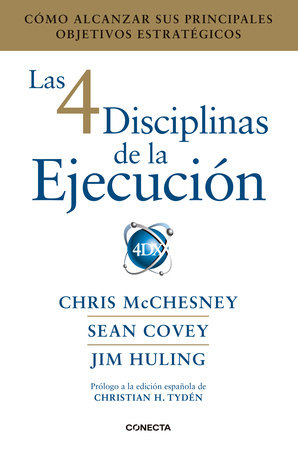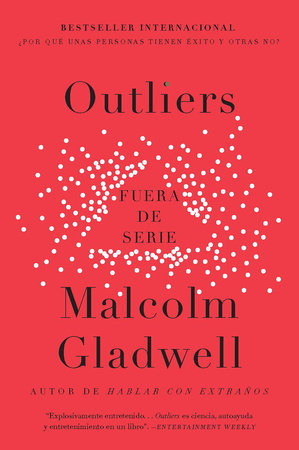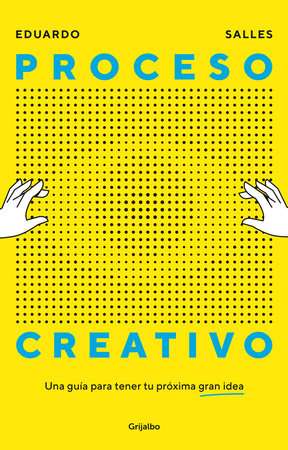El legendario inversor John Doerr revela cómo los Objetivos y Resultados Claves (OKR) han permitido a Google lograr un crecimiento explosivo, y cómo ese método puede ayudar a cualquier organización a prosperar.
En otoño de 1999, John Doerr se reunió con los fundadores de una start-up a la que acababa de confiar cerca de 12 millones de dólares, la mayor inversión de su carrera. Larry Page y Sergey Brin tenían en sus manos una tecnología extraordinaria, mucha energía emprendedora y grandes ambiciones, pero carecían de un plan de negocio. Para que Google pudiera cambiar el mundo, Page y Brin tendrían que aprender a fijar las prioridades tomando decisiones difíciles y a la vez mantener a su equipo en la buena senda. Y para ello necesitaban datos pertinentes y relevantes con los que verificar su progreso y medir lo que importaba.
Doerr les reveló el método probado para alcanzar la eficacia operativa, los Objetivos y Resultados Claves (OKR), que descubrió en los años setenta como ingeniero en Intel de la mano de Andy Grove. Y el resto ya forma parte de la historia. Utilizando los OKR como base de su gestión, Google ha pasado de sus 40 empleados iniciales a más de 70.000, con una capitalización bursátil que supera los 700.000 millones de dólares.
En el método OKR, los objetivos definen lo que queremos lograr; los resultados clave son cómo se alcanzarán esos objetivos prioritarios con acciones específicas y medibles dentro de un marco de tiempo establecido. Los objetivos de todos, desde un empleado cualquiera hasta el CEO, son transparentes para toda la organización.
Los beneficios son profundos. Los OKR emergen el trabajo más importante de una organización. Orientan el esfuerzo y fomentan la coordinación. Vinculan los objetivos de diversos departamentos para unificar y fortalecer a toda la empresa. Y, además, permiten mejorar la satisfacción en el lugar de trabajo y aumentan el rendimiento.
En Mide lo que importa, Doerr comparte su experiencia y un amplio abanico de casos -desde Bono a Bill Gates, entre otros-, que hacen patente el crecimiento explosivo que los OKR han estimulado en muchas grandes organizaciones. Este libro ayudará a una nueva generación de líderes a descubrir esa misma magia.
John Doerr preside la firma de capital riesgo Kleiner Perkins, a la que se incorporó en 1980. Con sus inversiones en algunas de las empresas de mayor éxito en el mundo -entre las que se cuentan Amazon, Google, Intuit, Netscape y Twitter- ha contribuido a la creación de más de 425.000 empleos.
“Recomiendo el libro de John a cualquier persona interesada en convertirse en un mejor gerente”. -Bill Gates
ENGLISH DESCRIPTION
#1 New York Times Bestseller
Legendary venture capitalist John Doerr reveals how the goal-setting system of Objectives and Key Results (OKRs) has helped tech giants from Intel to Google achieve explosive growth—and how it can help any organization thrive.
In the fall of 1999, John Doerr met with the founders of a start-up whom he’d just given $12.5 million, the biggest investment of his career. Larry Page and Sergey Brin had amazing technology, entrepreneurial energy, and sky-high ambitions, but no real business plan. For Google to change the world (or even to survive), Page and Brin had to learn how to make tough choices on priorities while keeping their team on track. They’d have to know when to pull the plug on losing propositions, to fail fast. And they needed timely, relevant data to track their progress—to measure what mattered.
Doerr taught them about a proven approach to operating excellence: Objectives and Key Results. He had first discovered OKRs in the 1970s as an engineer at Intel, where the legendary Andy Grove (“the greatest manager of his or any era”) drove the best-run company Doerr had ever seen. Later, as a venture capitalist, Doerr shared Grove’s brainchild with more than fifty companies. Wherever the process was faithfully practiced, it worked.
In this goal-setting system, objectives define what we seek to achieve; key results are how those top-priority goals will be attained with specific, measurable actions within a set time frame. Everyone’s goals, from entry level to CEO, are transparent to the entire organization.
The benefits are profound. OKRs surface an organization’s most important work. They focus effort and foster coordination. They keep employees on track. They link objectives across silos to unify and strengthen the entire company. Along the way, OKRs enhance workplace satisfaction and boost retention.
In Measure What Matters, Doerr shares a broad range of first-person, behind-the-scenes case studies, with narrators including Bono and Bill Gates, to demonstrate the focus, agility, and explosive growth that OKRs have spurred at so many great organizations. This book will help a new generation of leaders capture the same magic.






















